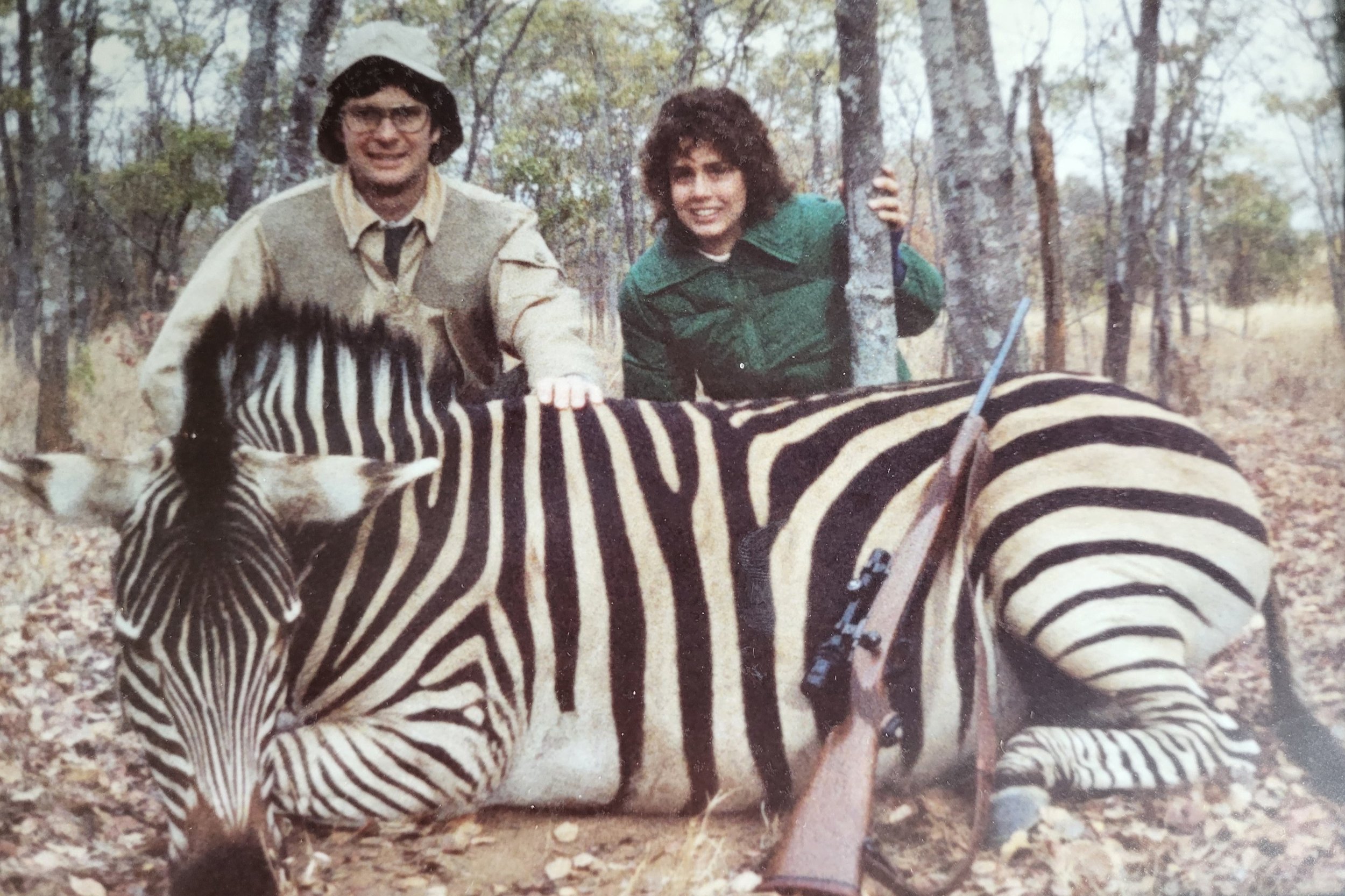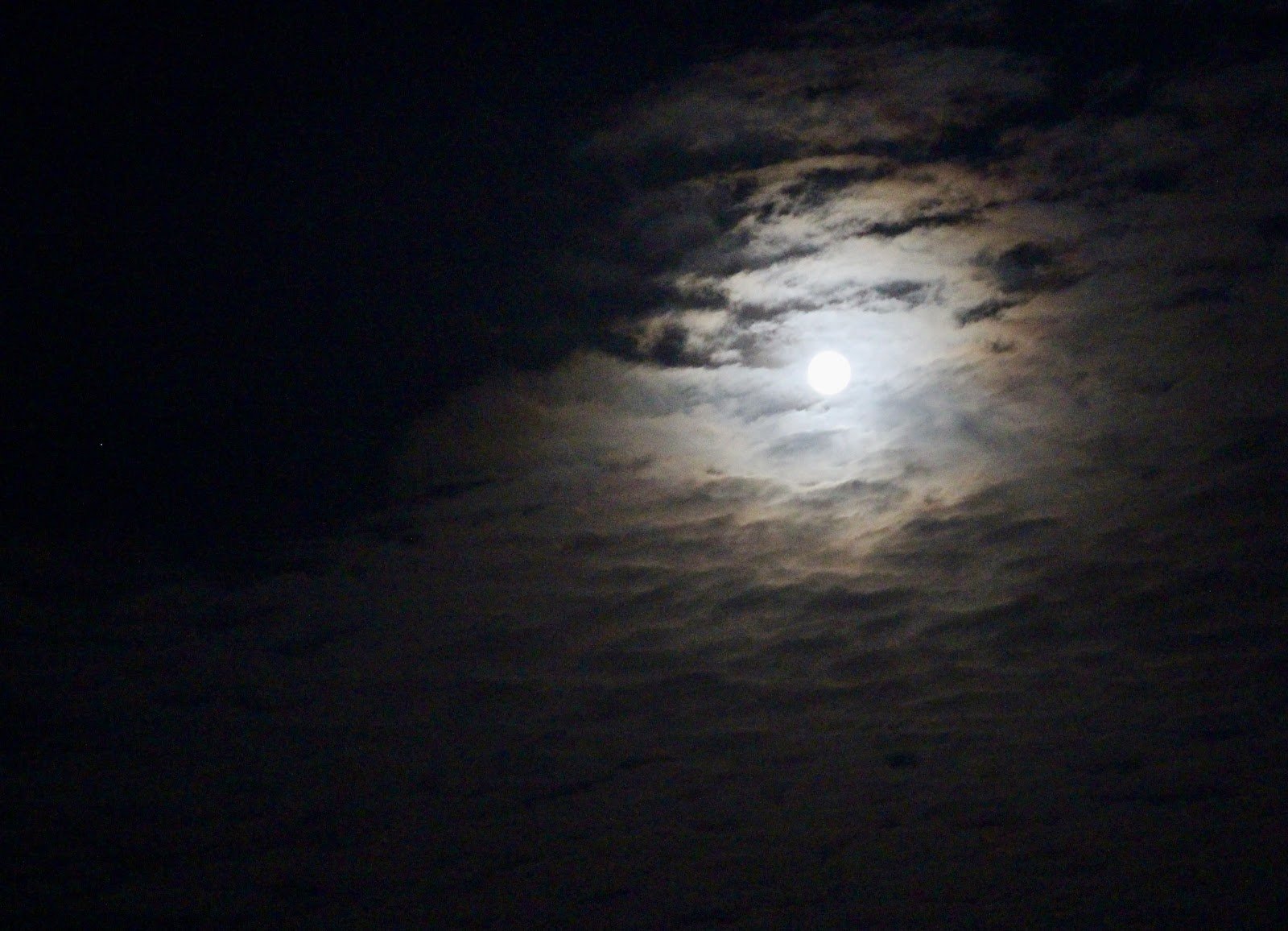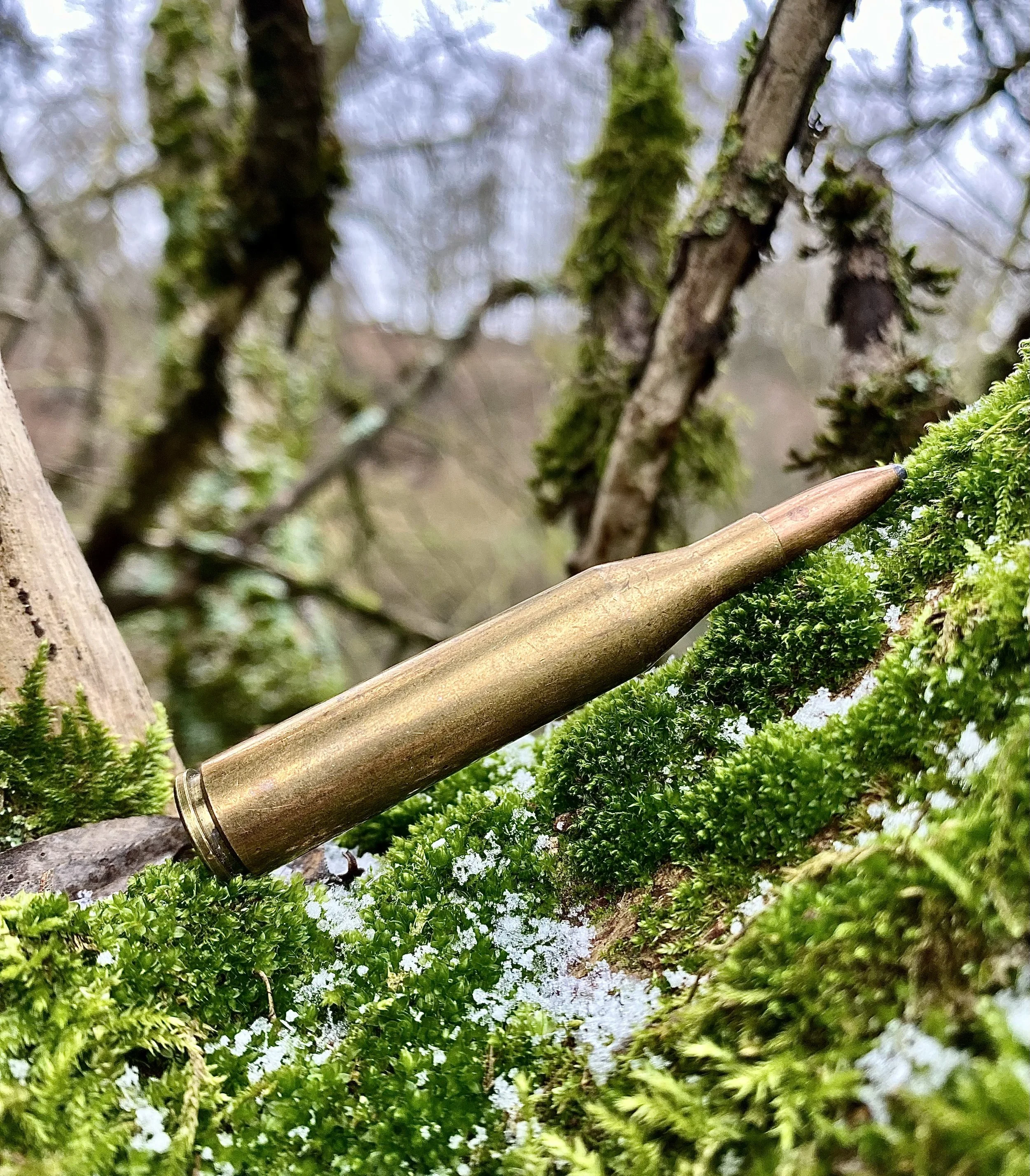Moving Elephants Isn't Conservation
Angry elephant
Wild parks are important, but only a small part of saving African wildlife.
Hunting farms provide jobs for cooks, cleaners, trackers, mechanics, secretaries, meat cutters...
Native animals like eland provide both meat and jobs for locals.
Cars are just one symbol of human demands on wildlife habitat.
Moving elephants from their native territory to a "sanctuary" is not conservation. It's ignoring the real problem -- the ongoing destruction of Earth's natural habitats. According to a recent news report, officials in the African nation of Malawi exercised a "conservation strategy" by forcibly moving elephants -- 500 of them -- from their ancient homeland to a distant national park. This might make a few emotional animal lovers feel good, but the net result will be a permanent loss of 500 elephants. Welcome, pachyderms, to your restricted lives in a glorified zoo.Mainstream media, of course, doesn't report it that way. To them moving elephants to a "sanctuary" to "save" them from expanding human towns, gardens and crop fields is a "conservation strategy," a feel-good rescue story. In reality it's the permanent loss of a population of 500 elephants for millennia.You cannot stockpile animals like gold bullion. You cannot save Africa's megafauna by shoving it into a few tourist parks. Animals need to roam, eat, drink, fight, mate, kill and reproduce. The whole bloody business of life begetting life. And they need space -- habitat -- in which to do it. Maintaining intact ecosystems as national parks is important, but maintaining wild habitats and wildlife where humans live and work is more important because there are over 7 billion of us and we're swarming all over the planet.Yes, the world's wildlife is being killed by millions of humans merely wanting to stay alive. If you doubt it, check your backyard and count how many bison, grizzlies, ground squirrels and elephants you see. We, all of us in our teeming billions, are killing off Earth's wildlife by usurping its habitat. There is only so much biomass to go around, and if it's wrapped up in human flesh and crops, it can't exist as antelopes, gorillas, lilac-breasted rollers or pachyderms. It may be politically incorrect to say this, but it's true. Moving elephants into token sanctuaries is merely saving remnants and assuaging our collective conscience.Habitat is what made Africa the teeming wildlife paradise it was prior to the explosion of human populations. Habitat destruction is what's killing it now. Yes, poaching is taking a huge toll, but conversion of forests and savannas to wheat fields, coffee plantations and goat pastures is the long term problem. Limited, scientifically controlled "sport hunting" by a few thousand wealthy romantics trying to rekindle a personal connection with their ancient hunter-gatherer heritage is not destroying Africa's wildlife.Like all Earth's wildlife, Africa's animals have been hunted daily for millions of years, thriving the whole time. They are thriving now where annually hunted in places like Namibia and South Africa. Farmers dedicate their lands to hunting (as detailed in this buffalo hunting video.) They reduce or remove their domestic animals and replace them with self-supporting, thriving herds of native antelopes, warthogs, zebras and giraffes. Behind them come leopards, eagles, hyenas, vultures and the entire community of birds and beasts that is Africa. Behind these come tourists, photographers, hunters and support staff to house, feed and guide them. The wildlife makes more efficient use of native plants than imported goats and cattle ever could. Hunters pay more for kudu, oryx and mountain zebra than the market ever did for beef cows. The meat feeds the staff and their families. The excess is sold to restaurants and supermarkets. Hides become boots and belts, handbags and rugs, and the individual animals that provided them live on in their generations of offspring.Huntable wildlife is as valuable as cattle and goats on such farms (as shown in this video) and is guarded zealously, certainly more effectively than hired workers guard it in most national parks where poaching is rampant. Farmers know this. Conscientious sport hunters know this. Biologists and wildlife managers know this and, increasingly, southern African politicians know this. It's time we demand our "mess media" tells the truth so the whole world can know this and we can stop hiding behind the smoke screen known as the big, bad "trophy hunter."Africa's wildlife -- the whole world's wildlife -- has neither the space nor time for self-delusional grandstanding by idealistic dreamers who refuse to understand the cycle of life. We either utilize our wildlife, making it once again a valuable, functional, productive part of our world -- or we plow it under while patting ourselves on the backs for condemning the remnants to open-air zoos where we can worship the mere idea of it.# # #
















